India after Independence adopted the British model of Democracy whose main objectives are to provide justice – social, economic and political, equality of status as well as of opportunity assuring the dignity of the individual. During the last fifty-five years of so the Central and the State Governments took various measures to achieve these objectives through legislation and economic, social and cultural activities through successive Five-Year Plans. No doubt, there has been some progress in achieving some of these objectives, but in attaining social and economic equality and equality of status as well as of opportunity there have been some hurdles. These are casteism, corruption, lavish living of upper class people, lack of work culture among many educated people having secured employment, distaste for business and manual work, illiteracy and certain religious beliefs among the masses. Thus, adult literacy along with some minimum education for all children, reinterpretation of religious books and reorganization of religious institutions are essential to remove these hurdles as it happened in the Western countries. No doubt, some efforts were made by the Government in this direction after appointing some Commissions and Committees in this field. Similarly saints, scholars and social workers also made attempts to remove these hurdles by organizing conferences and seminars in these fields. However, the achievement of these objectives is still not in sight. Some suggestion in this book, on the basis of some past literature available in this field.
Indian Rural Problems
$59.40
$66.00

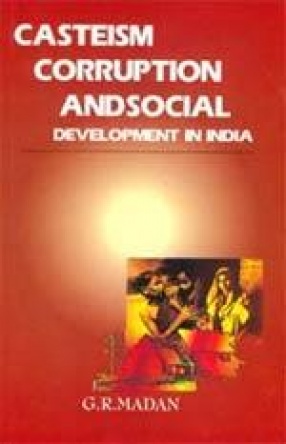

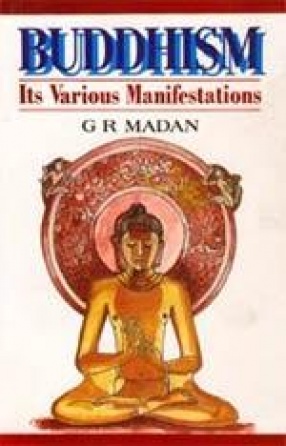
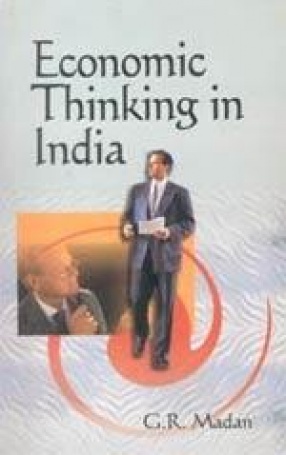
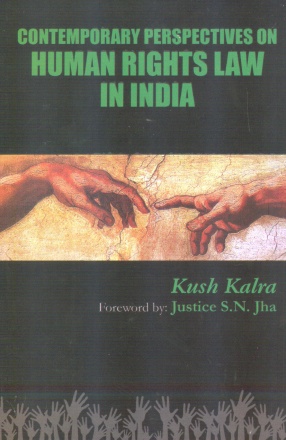
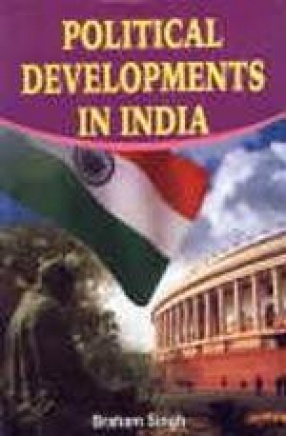
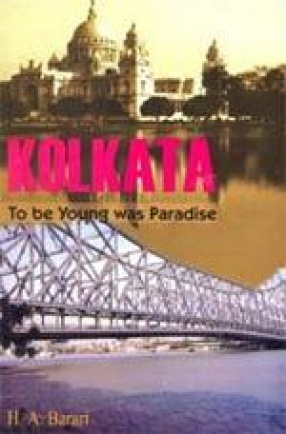
There are no reviews yet.